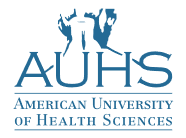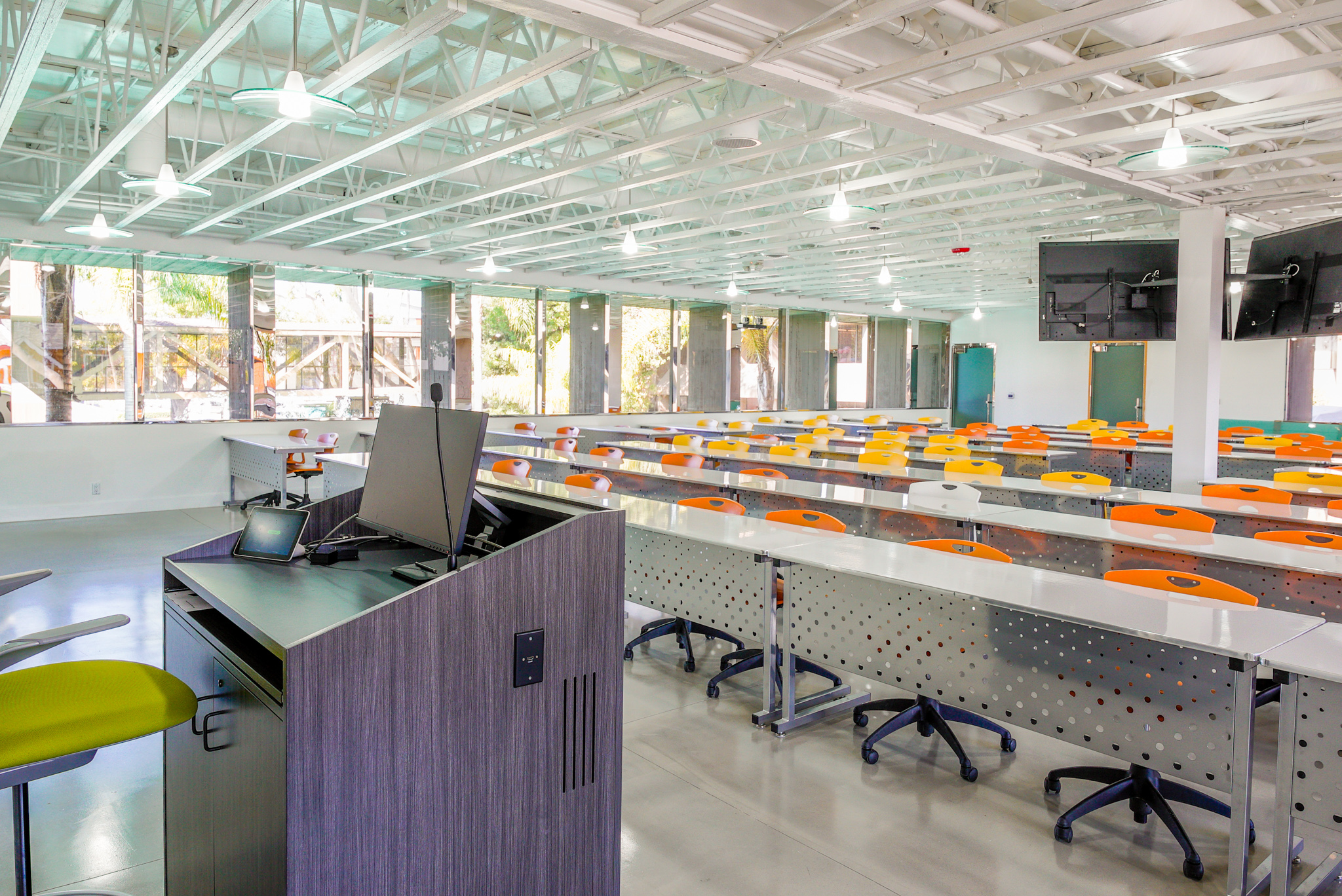The paper by Dr. Islam, Islam et al. (2020), “Faculty assessment of Scholarship of Teaching and Learning among US pharmacy programs,” published in Currents in Pharmacy Teaching and Learning (https://www.sciencedirect.com/science/article/abs/pii/S1877129720301519) sheds new lights on the continued ambiguity surrounding the definition of “Scholarship of Teaching and Learning (SoTL)”.
Earnest Boyer’s 1990 book ““Scholarship Reconsidered: Priorities of the Professoriate” served as a sentinel publication towards promoting teaching as a scholarly activity and catalyzing the eventual birth of Scholarship of Teaching and Learning (SoTL) (1). A decade later, SoTL was defined as a systematically designed, literature-based study of faculty teaching activity which is disseminated through peer-reviewed publication (2). Subsequently, SoTL emerged in literature as an inquiry-based research that overlaps with traditional discipline-specific research (3,4).
Despite a growing body of literature, there is a lack of clarity as to what constitute SoTL (3, 5-7). The confusion between “scholarly” and “scholarship” and other terminology describing SoTL contributes to the vagueness of its identity. For example, “scholarly teaching” and other teaching related activities have been described as SoTL (5,6), but they remain two discrete constructs. Scholarly teaching is grounded in critical reflection, while SoTL is a systematic or methodological inquiry to obtain credible results which are peer-reviewed, critiqued, and shared with broader community (4).
Dr. Islam’s study involved a survey of faculty awareness of and attitudes towards SoTL and its role in the faculty promotion and tenure process in US colleges/schools of pharmacy. A total of 643 faculty members from 139 colleges/schools of pharmacy responded to the survey. The responses on what constitutes SoTL from a notable majority of pharmacy faculty framed SoTL as the study of a broad spectrum of academic practices that include teaching and learning activities such as course-level instructions and assessment, current teaching and learning principles and practices, the curriculum development process which lead to peer-reviewed dissemination. The study made a clear distinction between SoTL and “scholarly teaching.” In addition, they further broadened the scope of SoTL practices. For example, designing a new course, experiential education, interprofessional education, student leadership, co-curricular activities, faculty development, integration of technology in the classroom, were also considered as common areas of SoTL by pharmacy faculty provided the works resulted in peer-reviewed publication.
The results of this study show that most of the responding pharmacy faculty recognize and value SoTL and support the incorporation of SoTL research into the promotion and tenure processes in pharmacy academia. Future studies involving qualitative analysis of promotion and tenure documents of colleges and school of pharmacy will likely provide valuable information on the status of SoTL in faculty promotion and tenure. In addition, future works are also warranted on how the pharmacy schools or colleges embrace initiatives surrounding SoTL such as faculty development, cross-institutional collaboration, institutional funding, and inclusion of SoTL in strategic initiatives and promotion, and tenure criteria.
References
- Boyer E. Scholarship reconsidered: Priorities of the professoriate. Princeton, NJ:Carnegie Foundation for the Advancement of Teaching. 1990.
- Shulman L. The scholarship of teaching. Change. 1999;31(5):11.
- McKinney. Attitudinal and structural factors contributing to challenges in the work of the scholarship of teaching and learning. In: J.M. Braxton, JM, ed. Analyzing Faculty Work and Rewards: Using Boyer’s Four Domains of Scholarship. San Francisco; Jossey Bass. 2006.
- Potter M, Kustra E. The Relationship between Scholarly Teaching and SoTL: Models, Distinctions, and Clarifications. International Journal for the Scholarship of Teaching and Learning. 2011;5(1):Article 23.
- Boshier R. Why is the Scholarship of Teaching and Learning such a hard sell? Higher Education Research and Development. 2009;28(1):1-15.
- Secret M, Leisey M, Lanning S, Polich S, Schaub J. Faculty perceptions of the scholarship of teaching and learning: Definition, activity level and merit considerations at one university. Journal of the Scholarship of Teaching and Learning. 2011;11(3):1-20.
- Gurung R, Ansburg PI, Alexander PA, Lawrence NK, Johnson DE. State of the scholarship of teaching and learning in psychology. Teaching of Psychology. 2008;35:249-261.

Mohammed A. Islam, PhD, Senior Associate Dean of Academic Affairs, School of Pharmacy

